Kim Kardashian’s Shoutout to Hypnotherapy Sparks Wellness Buzz
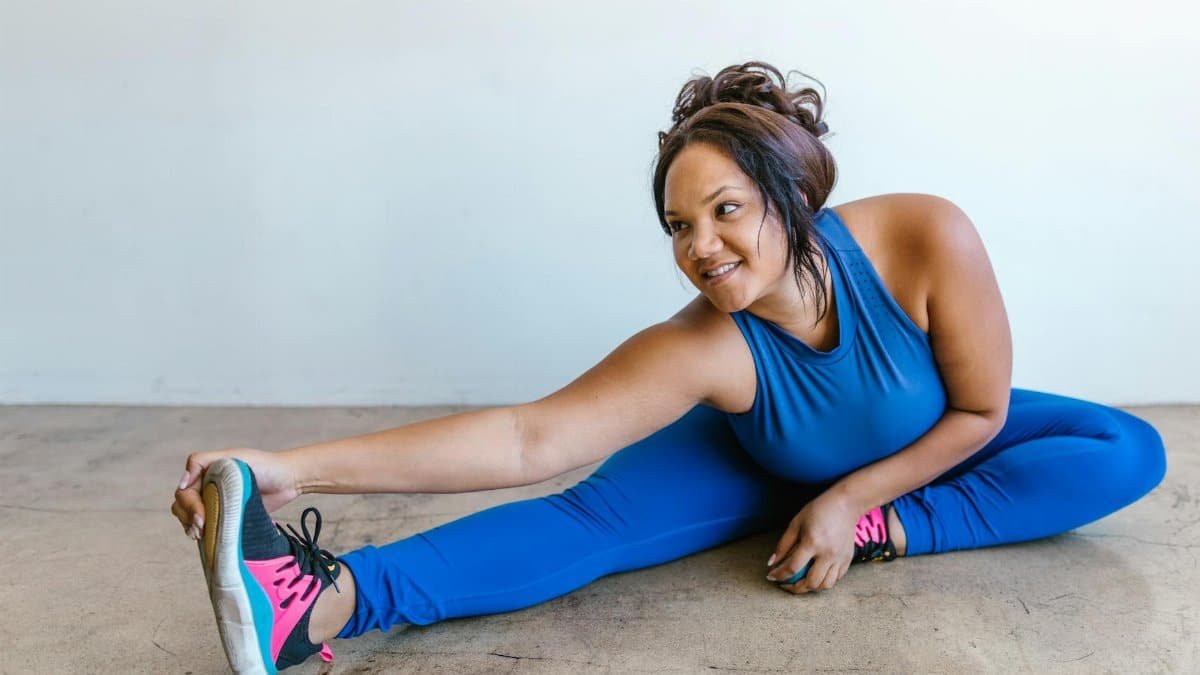
Is hypnosis recovery therapy the Hollywood secret for beating burnout? In a recent interview, reality star Kim Kardashian opened up about incorporating hypnotherapy into her routine, crediting it for helping manage the chaos of her high-profile life. “It’s like hitting reset on your mind,” she said, joining a wave of celebs touting alternative therapies. This nod from the SKIMS mogul is fueling public curiosity, with experts noting a surge in interest amid rising mental health awareness in 2025. But does it really work, or is it just hype? Let’s break it down.
What Exactly Is Hypnosis Recovery Therapy?
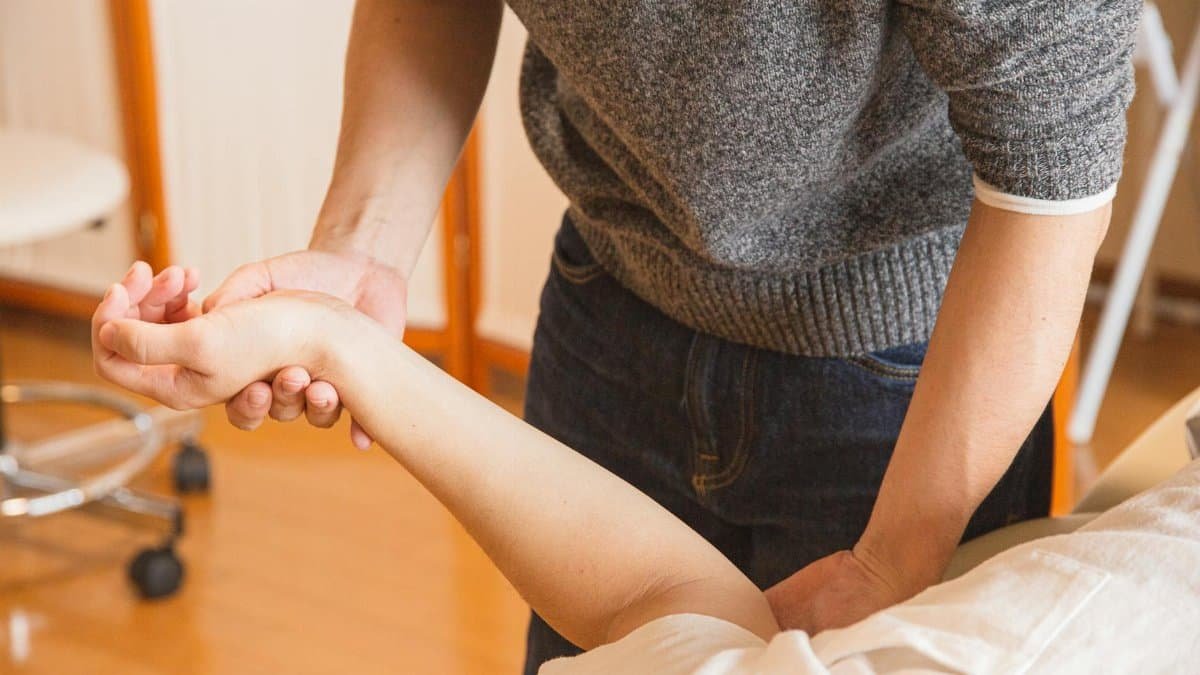
Hypnosis recovery therapy involves guided relaxation techniques to access the subconscious, often used to address trauma, addiction, or stress. It’s not about swinging watches or stage tricks—think clinical sessions where a trained therapist helps rewire negative thought patterns. Kardashian mentioned it for “recovery” from daily pressures, aligning with its growing role in wellness circles. According to the American Psychological Association, hypnosis can enhance traditional therapy by boosting focus and suggestion receptivity.
Kim’s Interview: The Details

In her chat on a popular podcast last week, Kardashian revealed she’s been using hypnotherapy for about a year. She described sessions that helped her “recover from emotional exhaustion” after a hectic schedule. “It’s transformative,” she enthused, without diving into specifics. This isn’t her first wellness plug—remember her CBD endorsements? Now, hypnosis recovery therapy is in the spotlight, potentially influencing fans to explore similar options for personal recovery.
Why Celebrities Are Turning to It
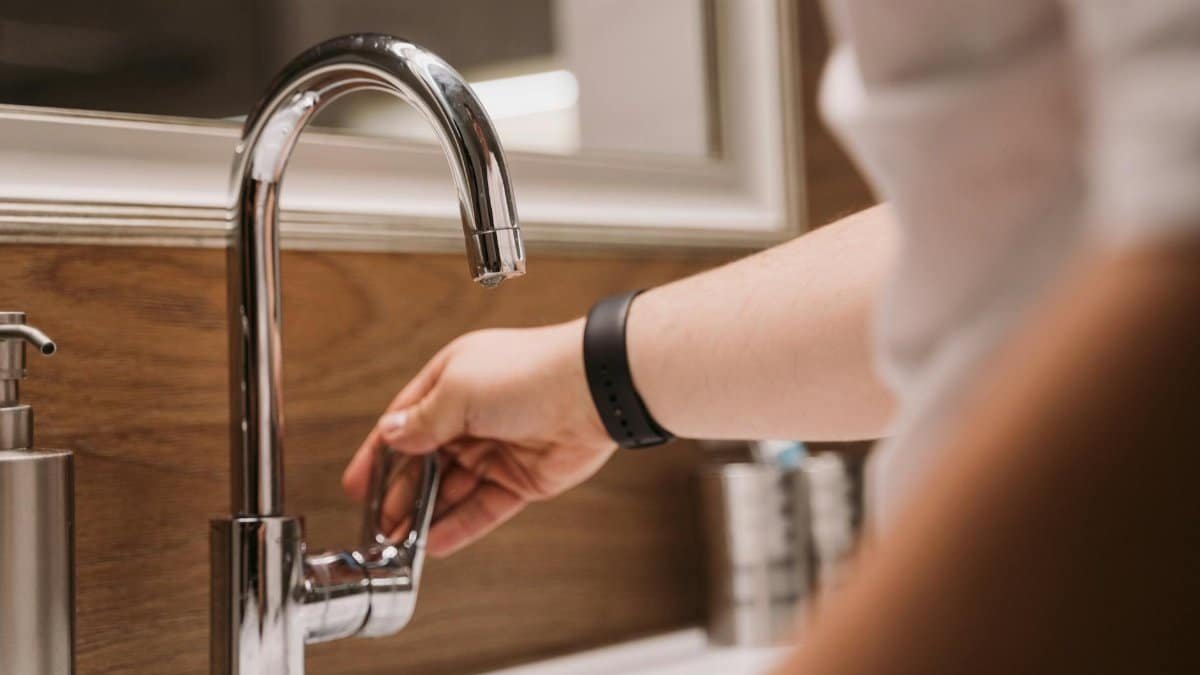
From Oprah to Tiger Woods, stars have long praised hypnosis for performance and recovery. Kardashian’s mention fits a 2025 trend where public figures share mental health tools amid post-pandemic burnout. Experts say it’s appealing because it’s non-invasive and quick—sessions last 45-60 minutes. A study from the American Psychological Association highlights its efficacy in pain management and anxiety reduction, making it a go-to for high-stress lives.
The Science Behind the Hype

Does hypnosis recovery therapy hold up under scrutiny? Research shows it can alter brain activity, promoting relaxation and behavioral change. A 2020 meta-analysis in the journal Psychological Bulletin found it effective for smoking cessation and weight loss, with success rates up to 60% when combined with other therapies. For recovery from trauma, it’s gaining traction in clinical settings. However, skeptics argue results vary, and it’s no magic fix. The National Institutes of Health notes potential benefits but stresses the need for qualified practitioners—check out their overview at NCCIH on Hypnosis.
Public Reaction and Social Media Frenzy

Kardashian’s comments lit up Twitter and Instagram, with #Hypnotherapy trending briefly. Fans shared stories of using it for anxiety recovery, while critics dismissed it as pseudoscience. One user tweeted, “If Kim says it works, I’m booking a session!” This buzz reflects broader U.S. trends, where alternative therapies saw a 15% uptick in inquiries last year, per wellness reports. It’s influencing everything from apps to virtual sessions, making recovery more accessible.
Potential Benefits for Everyday People
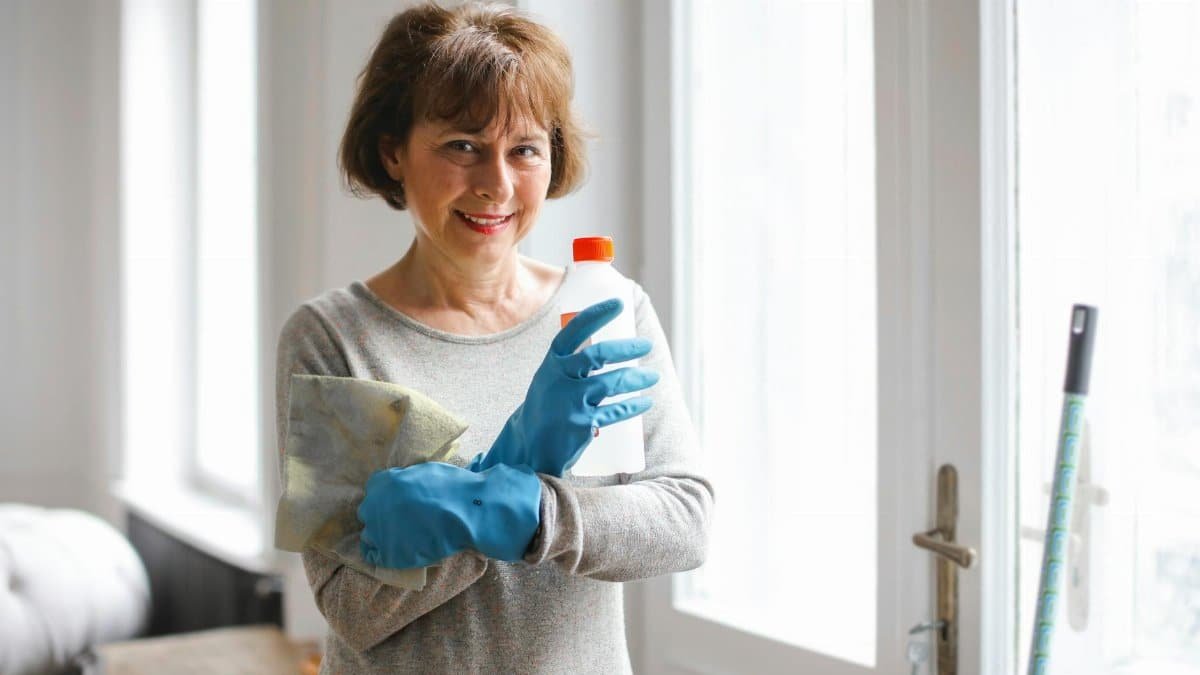
Beyond celebs, hypnosis recovery therapy offers tools for the average Joe dealing with stress or habits. Therapists report it helps with insomnia, phobias, and even post-surgery recovery. In 2025, with mental health apps integrating hypnosis tracks, it’s easier than ever to try. A report from the Cleveland Clinic emphasizes its role in complementary medicine, potentially reducing reliance on meds for certain conditions.
Common Misconceptions Debunked

No, you won’t cluck like a chicken—modern hypnosis is voluntary and safe. Myths persist from old movies, but professionals ensure clients remain in control. Kardashian’s endorsement helps dispel these, showing it’s a legitimate recovery aid. The Mayo Clinic clarifies it’s evidence-based for specific uses, not mind control.
Risks and What to Watch For

While generally safe, unqualified practitioners can pose issues. Side effects like dizziness are rare, but those with severe mental health conditions should consult doctors first. In the U.S., look for certified hypnotherapists through bodies like the American Society of Clinical Hypnosis. Kardashian’s positive experience underscores the importance of vetted pros for effective recovery therapy.
The Broader Impact on Wellness Trends
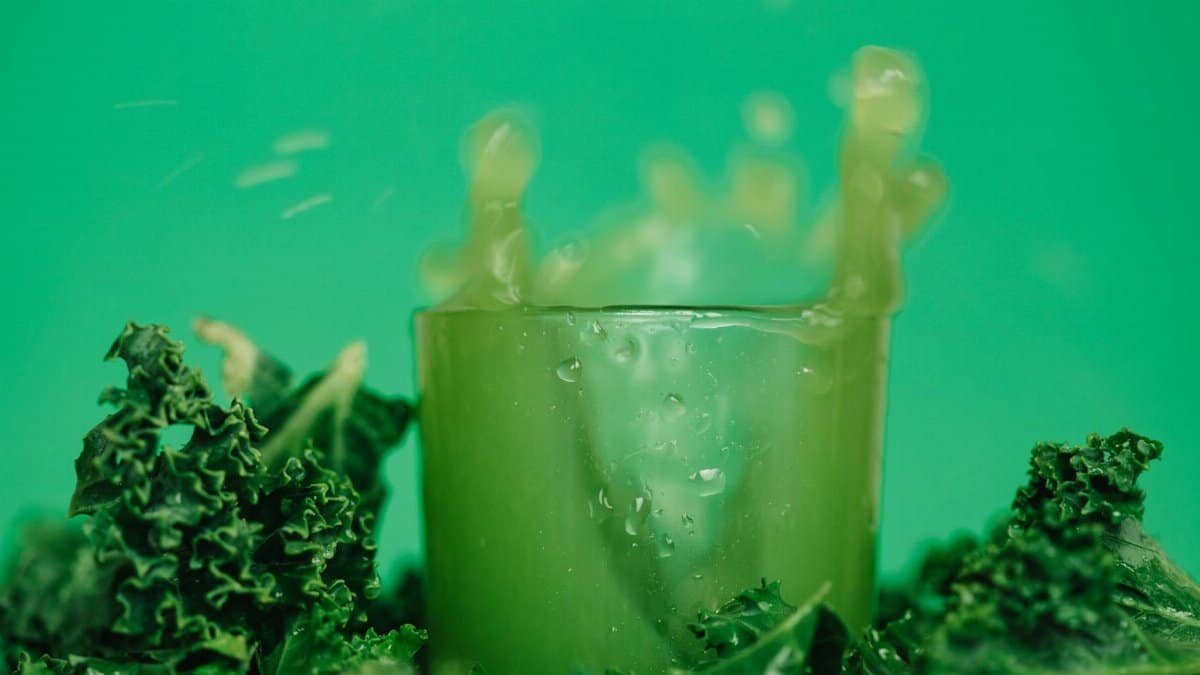
Kardashian’s plug could boost the $4.5 billion wellness industry, with hypnosis gaining mainstream traction. In 2025, expect more integrations like hypno-yoga or corporate programs for employee recovery. As public figures normalize it, access improves, potentially shifting how Americans approach mental health. Whether it’s a fad or fixture, hypnosis recovery therapy is making waves, thanks to voices like Kim’s.
